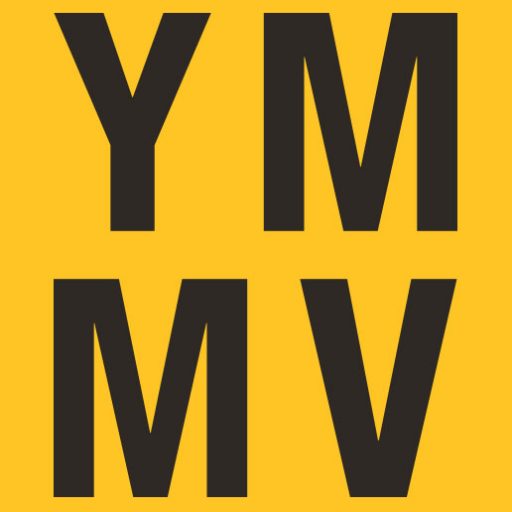A couple of months back, Air New Zealand announced they were going to reduce its flight schedule over the next six months. They said they planned to decrease available seats by about 1.5%. The reason behind the decision was staff sickness, and so the airline could keep up with demand, especially during the busy Christmas season.
The change was estimated to impact about 100,000 of the airline’s typical 11 million passengers during that time frame. Most domestic travelers would simply be transferred to another flight on the same day, while international travelers would be rescheduled to the same day or a day on either side of their original booking.
Of course, arbitrary changes like that don’t always work for everyone. Some conflicts could be fixed online, while others would have to be rectified via a conversation with the airline’s call center. Fair enough, right?
Well, not surprisingly, New Zealand has a couple of morning TV news shows, similar to “Good Morning America” and “Today.” Melissa Chan-Green is Co-Host of one of them, a show called AM on THREE. Upon hearing about Air New Zealand’s then-upcoming changes, she mentioned she had heard that call center staff could hear customers who are on hold, including their swearing, groaning, complaining, or anything else audible they may be doing.
And that got me thinking. Think of all the times you’ve been on the phone with Delta, American, Southwest, etc.. Or had to call Marriott, Hyatt or Hilton about a change. Or when you had to speak with a representative at Citi, Amex or Chase. Once you were finally speaking to someone, could their respective reps hear you when you were on hold?
Think about it for a second – maybe you were on hold and complained out loud about how long it was taking for an issue to be handled. Maybe you were even upset enough to throw in a choice F-bomb here or there. Maybe you screamed at your kids. Maybe you even flushed the toilet.
Could they hear that while you were on hold?
Turns out the answer appears to be “maybe.”
I have some friends who either work for, or have worked for call centers – most in the U.S., but one outside of the country. They all said the same thing: if you’re put on “Hold,” they (the call center person you’re speaking with) can’t hear you. BUT if you’re put on “Mute,” they can still hear you.
So how can you tell?
It depends on the company.
If you can hear music on the phone, consider yourself to be “on hold.” The call center rep you’re talking to can’t hear you.
But if the line is silent, you may just be on mute. Or it could be a company that doesn’t use “hold” music. OR it could simply be the person you’re talking to is looking something up, waiting for you to speak, etc.
BUT to make things even more muddled, I’m told that if you’re hearing music, the call taker may not be on the line, but the call recording system can still capture the sounds on your end (this especially happens at banking call centers). This could be for “training purposes” or to ensure you’re not planning something nefarious against the bank (because some people, thinking they’re on hold and no one can hear them, might say something out loud to someone else in the room about a scam they’re trying to pull off).
So I guess the best answer is, “It’s complicated.”
And now you know. 😉
*** Many thanks to Ang G., Kat S., Mark R., Ryan L. for their help!
Feature Image: State Farm / flickr / License CC BY 2.0
Want to comment on this post? Great! Read this first to help ensure it gets approved.
Want to sponsor a post, write something for Your Mileage May Vary, or put ads on our site? Click here for more info.
Like this post? Please share it! We have plenty more just like it and would love it if you decided to hang around and sign up to get emailed notifications of when we post.
Whether you’ve read our articles before or this is the first time you’re stopping by, we’re really glad you’re here and hope you come back to visit again!
This post first appeared on Your Mileage May Vary
Join our mailing list to receive the latest news and updates from our team.

